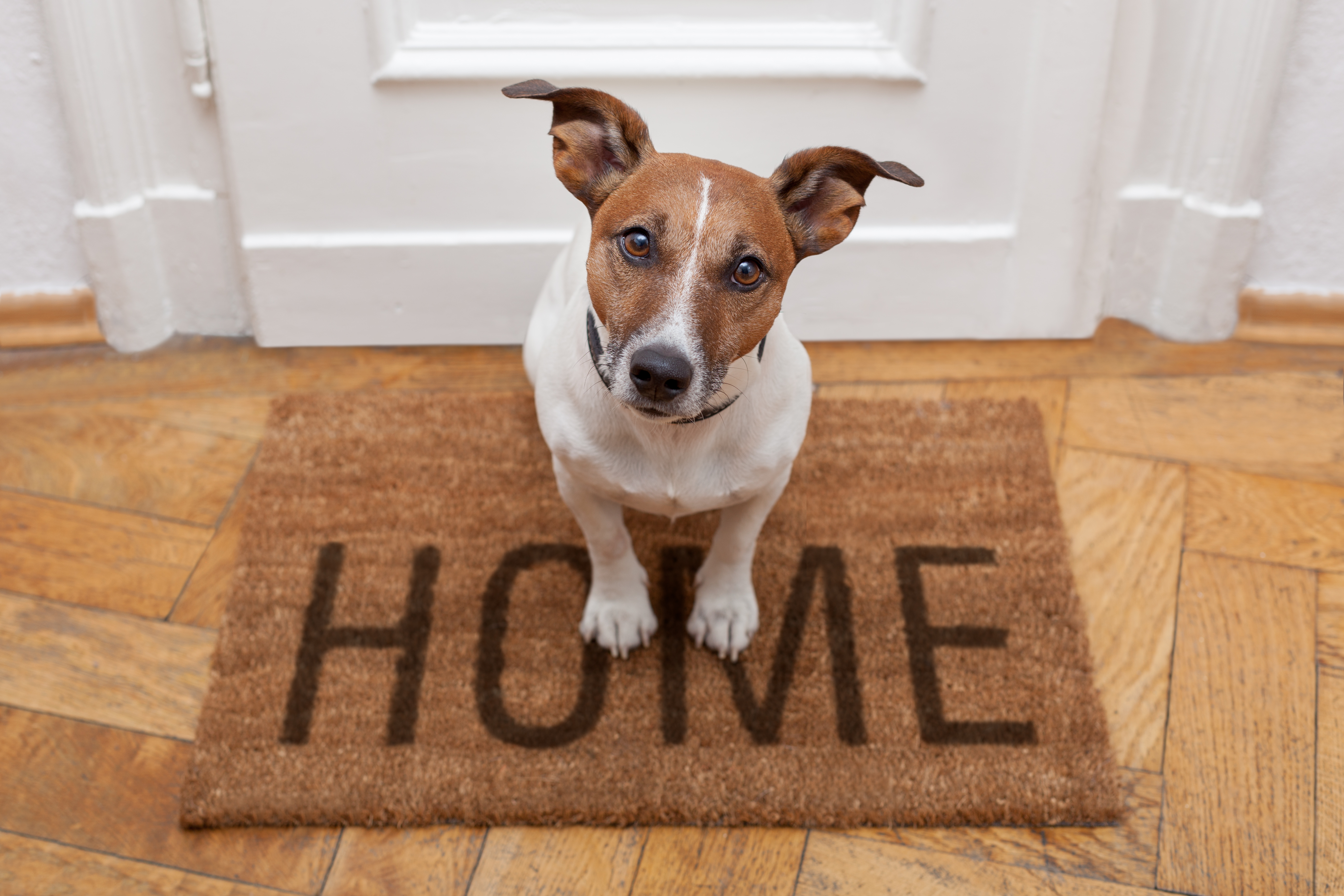
Splitting Pets Up During a Divorce? Here's What You Need to Consider
When going through a separation, it can be hard enough to determine what to do with one pet that both you and your ex love and adore. However, when it comes to divorce and multiple pets, these decisions can be even harder.
You and your ex-partner may decide that the fairest way to handle your pets in your separation is for one of you to take one pet and one of you to take the other. But is this arrangement really fair to everyone—especially your pets?
Dividing a household might be the easiest thing for you, but it’s definitely not going to be easy on your furry friends. Here are some things to consider if you’re contemplating this scenario during your divorce.
How separation and splits can affect pets

If your pets have lived in the same home as each other for many years, it’s very likely that they’ve formed a close bond. If you take the cat and your ex takes the dog when you separate, you’ll not only be separating your pet from their other owner, but you’ll be separating two close friends, as well!
Pets should not be considered property during a divorce. They have feelings and can experience grief and stress. Taking them away from their other furry friends can cause a lot of anxiety and confusion, on top of the other stressful changes that may be occurring. Divorce often leads to a change in routine, changes in home layout or moving to a new home entirely and the “loss” of a pet parent or children. Separating multiple pets who are used to each other’s company can exacerbate this stress and make the transitions even harder to manage.
If you go through with separating your pets, understand that this change may be very difficult for your pet to process. They may start showing signs of stress or separation anxiety, including lethargy, whining, barking or meowing excessively, clinginess, hiding or even aggression. Other behavior may also change. Some dogs or cats might begin urinating around the house or destroying furniture.
In this case, be patient with your pet and give them lots of love and attention to ensure them that they are safe and that you are not going to leave them. Try to keep their routine as consistent as possible to normalize at least a few aspects of their life. In time, they should be able to adjust and come to terms with their new life and household.
With that said, splitting pets up in a divorce can go smoothly, too. Some pets will have a stronger bond with one owner than another and not be super friendly with the other household pets. If this is the case, you and your ex can take the pet you have a stronger bond with, and your pet may be able to adjust rather quickly without the other owner and other pets. Because all pets are different, owners should examine what is right for their pets on a case-by-case basis.
Alternatives to splitting up pets
If you’re realizing that splitting your pets up during your divorce may do more harm than good, you might want to consider a few other scenarios. Although these outcomes may not be the best for you and may result in you losing your pet (at least temporarily), you should always act in your pet’s best interest to save them from additional confusion, grief and stress.
Here are some alternatives to splitting pets up for good:
- One owner keeping both pets: Before you consider splitting your pets up, take time to consider whether you can truly offer your pet a happy life on your own. Do you have time to play with and exercise your furry friend? Are you home enough to give them the attention they deserve? If not, you may want to forgo splitting your pets up because it is “fair” and, instead, allow your ex to take both pets so they can be well-cared for and happy together.
- Create a joint-custody agreement: If you are capable of caring for pets on your own, consider working out a joint-custody agreement with your ex. This sort of arrangement would let your pets stay together while you and your ex share their time every one or two weeks. This way, you both get to enjoy being a parent to your pets, but they don’t have to endure the stress of being separated.
- Set up pet playdates: If you do end up splitting your pets up, try to make a pet playdate work between you and your ex every so often. Bring both pets together in one place—whether that’s one of your homes, a dog park or another neutral area—so they can enjoy each other’s company like friends, even if they don’t live together anymore.

No matter what, your first priority should be your pets and their reactions to your divorce. Pets can’t process separations and the emotions that come with them like we can, so it’s up to pet parents to help their pets navigate these transitions as easily as possible so they remain safe and happy.


